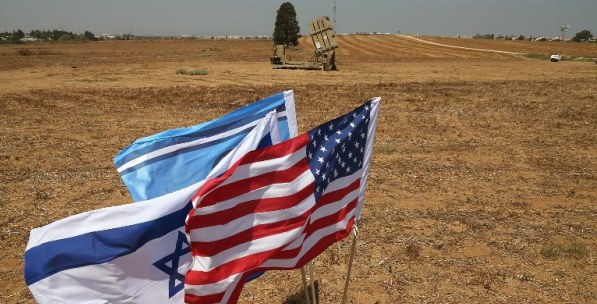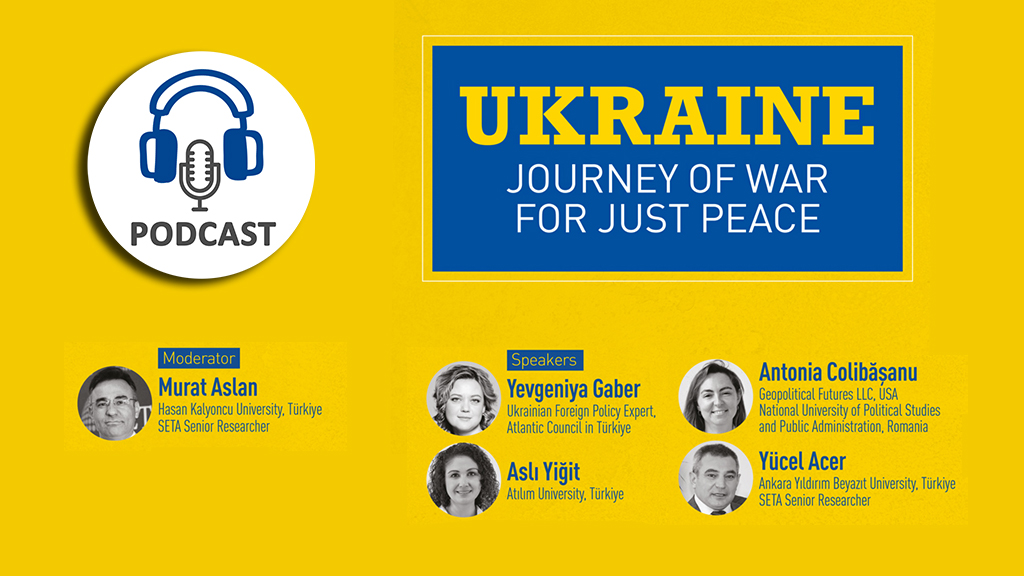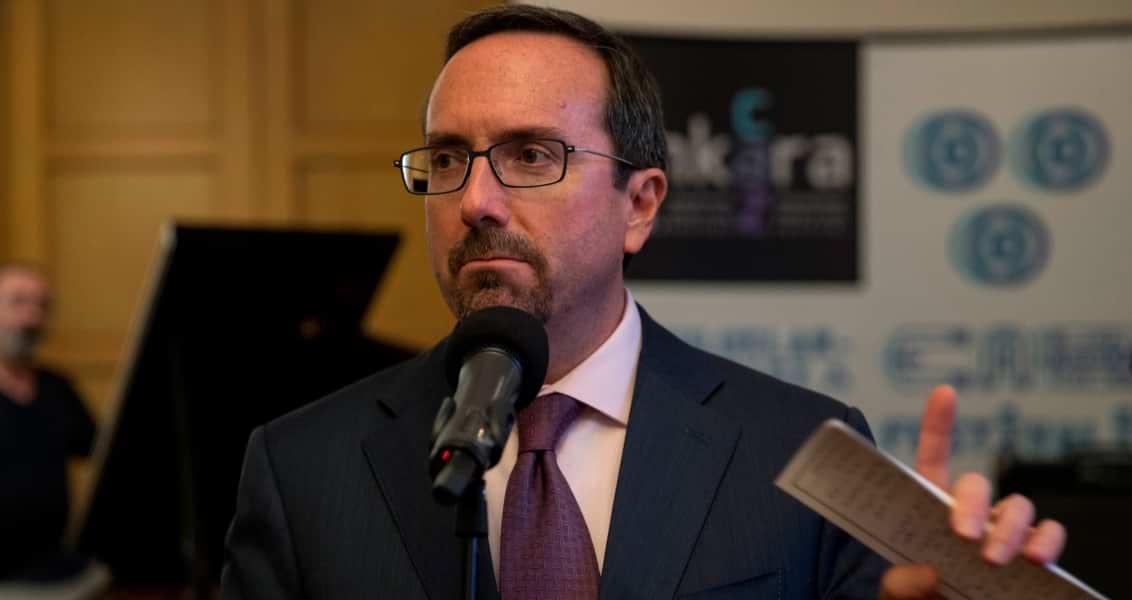Last night, Israeli spokesperson Marc Negev participated in an interview with Al Jazeera to answer inquiries about recent developments in the peace talks, specifically regarding the meeting between Secretary of State John Kerry and Prime Minister Benjamin Netanyahu.
When asked if the latest announcement of illegal Israeli settlements is the main source of the current deadlock, Regev argued that Israel has been both cooperative and loyal to the agreements set out in the original guidelines of the peace process.
He went on to accuse Palestinians of creating an "artificial crisis" in order to downplay the latest round of talks commencing in August 2013. When asked what he meant by this term – which was also used by PM Netanyahu – Regev refrained from answering the question, instead suggesting that Palestinians must “give the talks a chance".
After more than 60 years of Israeli occupation, "artificial crisis" is an interesting choice of words. The English dictionary defines artificial as something that is ''manmade rather than natural'' or a ''fabrication'' of the sort. While Regev is quite right to suggest that the occupation is a man-made tragedy, he is at fault to suggest that the settler colonial occupation of Palestine is a fabrication. Rather, it is a deliberate policy to ensure that there is a permanent crisis in Palestinian socio-political life.
INDEED, THE SETTLEMENT NUMBERS SPEAK FOR THEMSELVES.
According to a report by Peace Now, the construction of Jewish settlements in the West Bank was up 70% from January to June of 2013. To date, more than 340,000 Israeli settlers live in the West Bank, which is more than triple the number 20 years ago when the peace process began. An increase in settlements often entails an increase in housing evictions for Palestinians. For example, in Jerusalem alone, since 1967 more than 14,000 Palestinians have had their Jerusalem residencies revoked.
When Palestinians are not getting evicted, they must witness their homes being demolished. The Israeli Committee against House Demolitions (ICAHD) reports that this year alone, 550 Palestinians homes have been demolished and ICAHD predicts that this number will likely increase before the end of the year. According to Amnesty International, “Israeli authorities demolished more than 620 structures during 2011 alone. Almost 1,100 Palestinians were displaced as a result, an 80 per cent increase over 2010; more than 4,200 others were affected by demolitions of 170 animal shelters and 46 cisterns." For those who are not sure what home evictions involve, it means being thrown out of your house by Israeli authorities with sometimes less than 15 minutes' notice. There is nothing artificial about the exercise.
Yet, if you are not being evicted from your home or witnessing your house being demolished, as a Palestinian you are likely to be arrested and locked up in Israeli prisons. According to Addameer, since 1967, 650,000 Palestinians have been detained by Israel. This represents approximately 20 per cent of the total population in the Occupied Palestinian Territories (OPT), and 40 per cent of all males. Despite being prohibited by international law, Israel detains Palestinians under administrative detention throughout Israel, far from their families, who almost never obtain the necessary permits to leave the Occupied Palestinian Territories to visit them. That's not an artificial crisis.
Children are also subject to administrative detention. According to data from UNICEF and the Israeli rights group B'tselem, there are an estimated 7,000 children aged from 12 to 17 years, but sometimes as young as nine, who have been arrested, interrogated and detained since 2002 – an average of two per day. In April 2013, 236 children were in military detention centers, with dozens aged between 12 and 15. Children in prisons is perhaps unjust and inhuman, but not indicative of an artificial crisis.
Meanwhile, Israel continues its military blockade of Gaza, initially im








